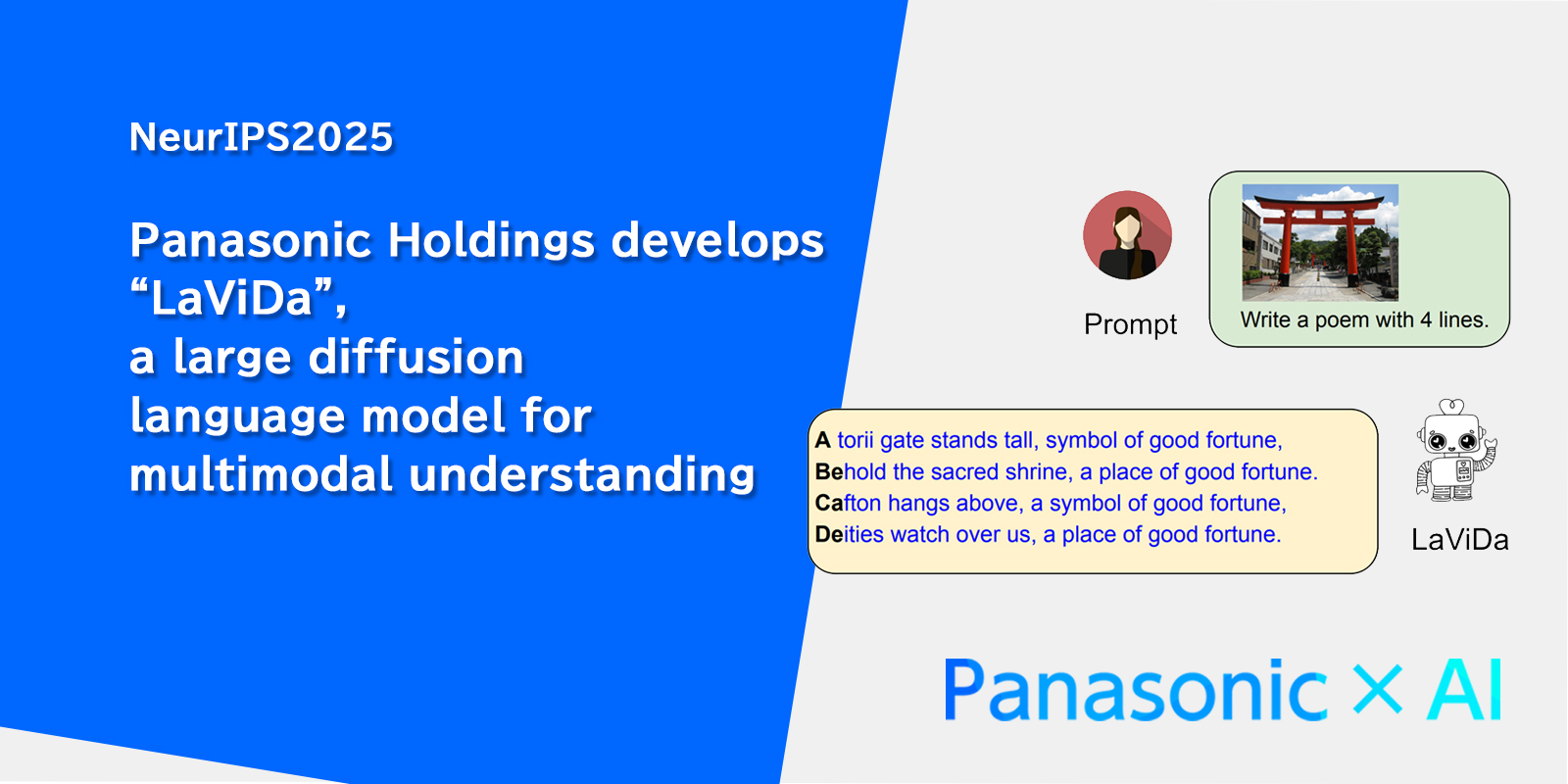
Nov 27, 2025
- Company
- Press Releases
- AI & Robotics
Nov 13, 2014
Company / Topics
Tokyo, Japan - The IEC (International Electrotechnical Commission) is a global organization that develops international standards for all electrical and electronic technologies. This year's IEC General Meeting was held in Tokyo from November 4 to November 15. Panasonic, which has worked closely with the IEC to establish numerous international standards, took this opportunity to showcase its technologies and initiatives, and Panasonic President Kazuhiro Tsuga gave a keynote speech at the opening ceremony on November 10.
Panasonic's activities have always been centered on people, and place great value on electrical safety and quality. Panasonic has developed a wide variety of products, aiming to enrich people's lives. In this endeavor, the company has worked closely with the IEC to establish and promote international standards for electrical safety and energy efficiency.
In the keynote speech, President Tsuga noted that "we are entering the era of the "Internet of Things," where everything is connected to the Internet. Therefore, by leveraging technologies such as automated device recognition and control, as well as sensing approaches, we can offer new value to daily lifestyles."
He also introduced major Panasonic technologies and initiatives in today's era of "environmental and energy revolution" in the housing industry.
Panasonic provides comprehensive solutions that offer the capabilities of energy creation and storage, as well as energy management, to connect all of the devices in the home. Panasonic has significantly contributed to the establishment of "ECHONET Lite," the communication protocol for HEMS (Home Energy Management System), and its standardization at the IEC.
Over the years, Panasonic has supplied lithium-ion batteries for use in information and communication devices, such as PCs. The company has also been successful in expanding the use of lithium-ion batteries to automobiles, and is working closely with the IEC to establish standards for automotive batteries, including the power-charging interface and vehicle-to-home specifications.
In Fujisawa City, 50 kilometers from Tokyo, Panasonic is closely collaborating with a number of partners in the construction of "Fujisawa Sustainable Smart Town." In this Smart Town, which aims to offer comfortable and yet sustainable living, Panasonic is working to make the town fully connected, with products and services also available from other manufacturers and industries.
Today, a variety of Smart City projects have been developed in many parts of the world. In order to expand Smart City initiatives beyond national borders, it is essential to establish international standards. Panasonic's research includes, for example, the use of distributed energy resources, and interconnections between different communities. Through these efforts, Panasonic intends to further contribute to the development of Smart Cities on a global scale.
Panasonic will continue to work with the IEC to create new international standards so that it may contribute to broader aspects of people's lives and help to build a better society.
The content in this website is accurate at the time of publication but may be subject to change without notice.
Please note therefore that these documents may not always contain the most up-to-date information.
Please note that German, Spanish and Chinese versions are machine translations, so the quality and accuracy may vary.